Whether you’re thinking about investing in a cottage, second home, or have always fantasized about moving out to the countryside, there’s a seemingly endless amount of beautiful listings available across the Peterborough and Kawartha Lakes region.
However, many prospective home buyers new to the rural property market are often deterred by homes with well water systems. While we understand that homes with well systems are new to many, we’re ‘well’ acquainted with them.
So, if you’re considering the purchase of a home in the country, here are five more things you should know before buying a home with a well water system.
1. Which Type Of Well You Have
When it comes to the different types of wells, there are three main construction methods.
- Dug Wells
- Bored Wells
- Drilled Wells
Both dug and bored wells are older methods of well construction. While they still produce reliable amounts of clean water, they aren’t as efficient as modern drilled wells.
Drilled wells penetrate deeper into the ground and produce more safe and reliable water. Thanks to this, they are less prone to surface-level contaminants. Although drilled wells are more costly to construct upfront, the build quality and life span of drilled wells are generally better. That means you won’t have to worry about replacing a drilled well for a good 30 to 50 years.
2. Where Is The Well
While this might sound like a fairly obvious question to ask, the purpose behind it is a little more complex. If you’re interested in buying a home with a well, there’s a good chance the home is located in a rural area that also depends on a septic tank system, which are naturally prone to leakage over time.
As you might imagine, if your septic system is located too close to your well when it begins to leak, the leaking waste could easily contaminate your well’s water supply.
As a rule of thumb, a well should be at least 100 feet or more away from a septic system to prevent contamination. However, most municipalities in Ontario have strict planning regulations to avoid wells and septic systems being placed too close together. It’s still wise to check the locations yourself.
Additionally, a well should be located no further than 50 feet away from a body of water to ensure it has access to enough groundwater.
3. How Deep The Well Is
Wells draw water from what are known as aquifers. Aquifers are an underground body or formation of permeable rock (or other materials) that, when tapped by a well, produce practical volumes of groundwater.
A well’s depth will give you a good indication of how much water it will produce. Generally speaking, the aquifers that shallow wells draw from tend to dry out more commonly than the aquifers deeper wells draw from.
This is another reason why drilled wells are generally better for water production than dug or bored wells. Drilled wells tend to burrow much deeper into the ground.
4. How Much Water It Yields
If the well in the home you are thinking about buying doesn’t yield enough water for your living requirements, then it’s obviously important you know about it beforehand.
Or, if there’s currently an issue with the well’s water production (or worst case, it’s running dry) then learning about the costs involved to fix the well’s yield can also be factored into your negotiations for the price of the home.
5. How To Get Your Well Tested
When all is said and done, the best way to determine what condition a well is in and whether it’s suitable for you and your potential new home is to get it tested by a professional.
To give you even further peace of mind, you can always refer to the Well Driller’s Report to learn more about the materials used and drill hole geology for your potential new well. This will give you some great background information about the integrity and build quality of the officially registered well, no matter which province you’re buying a home in.
Do you need to get in touch with a professional well inspector? Or, are you interested in learning more about living in rural Peterborough? We can help with all of the above and more. All you need to do is contact us here to set up a one-on-one appointment with us.
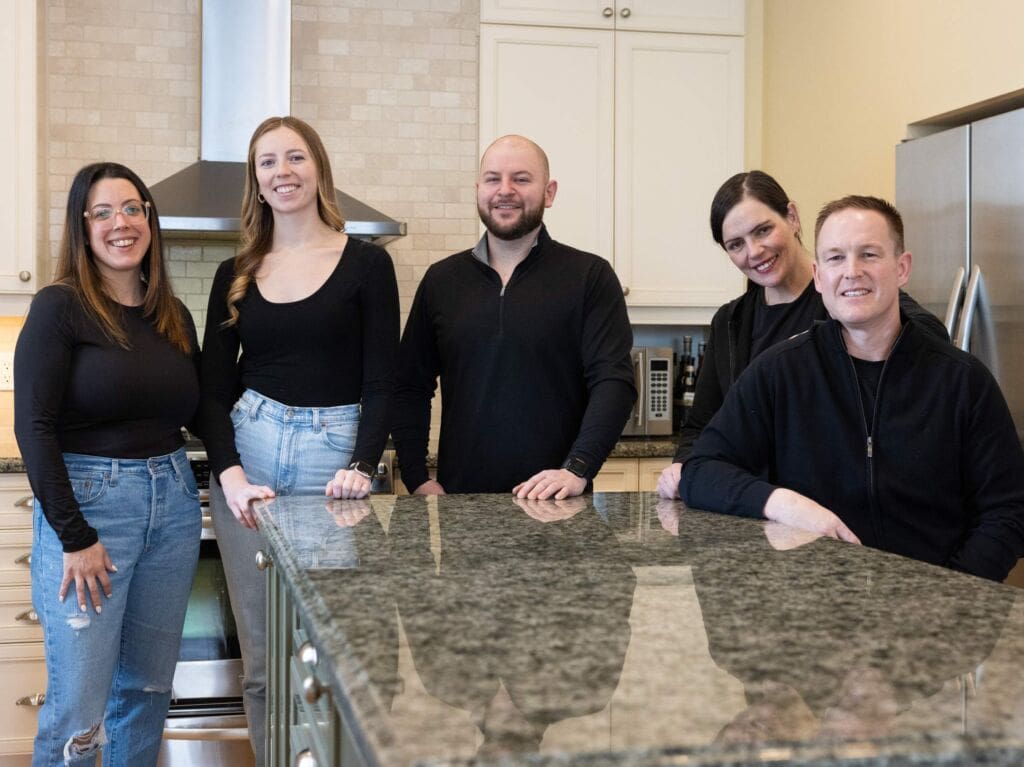
Let Us Guide Your Journey
Curious about your real estate options? Relocating to the Peterborough area? Our experts are ready to help.

